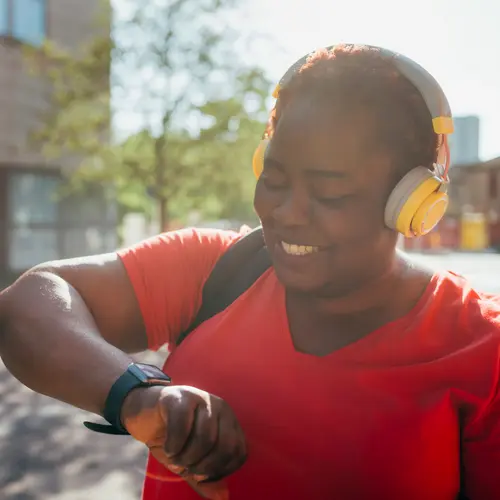A vegan diet is a type of vegetarian diet. You don’t eat animal products. That means no meat, fish, eggs, poultry, milk, cheese, or other dairy products. Strict vegans avoid honey. If you follow a healthy vegan diet, you are less likely to get heart disease, certain cancers, obesity, and type 2 diabetes.
If you have diabetes, a healthy vegan diet may help you manage your blood sugar better.
If you take insulin or other medication to control your blood sugar, talk to your doctor before you make a big change to your diet. A registered dietitian or diabetes educator can help you match your medicine with your meal plans.
What Is a Healthy Vegan Diet?
Not all vegan food is good for you. Ultra-processed choices like white bread, chips, and cookies can be vegan. But the refined grains, starches, and sugar in them have little to no fiber and nutrients. These kinds of foods can contribute to type 2 diabetes.
To get the most benefit from a vegan diet, you should eat whole and low-processed foods, including:
- Fruits
- Vegetables
- Leafy greens
- Legumes (beans, peas, lentils, chickpeas)
- Whole-grain bread
- Oats
- Brown rice
- Nuts
- Seeds (flax, chia, hemp)
- Soy products (tofu and tempeh)
- Fortified food like nondairy milks and low-sugar cereals
Benefits of a Healthy Vegan Diet
The saturated fat in animal products can lead to inflammation and heart disease. This makes insulin resistance and type 2 diabetes more likely. A healthy vegan diet, on the other hand, is high in unsaturated fats. Plant-based foods are also high in fiber, antioxidants, minerals, and polyphenols. These protect you against diabetes and can help you control your glucose level.
There’s also evidence that a healthy vegan diet may:
- Improve nerve damage from diabetes (neuropathy)
- Lower cholesterol
- Help you lose weight
- Get your A1c level under control
- Improve insulin sensitivity
- Lower your blood pressure
- Ease metabolic syndrome
- Help your body make good gut bacteria
You may need less medicine if you lose weight. Check with your doctor every time you lose 10 pounds. You’ll probably need to lower your dose of insulin or other diabetes medication.
Type 1 Diabetes and Veganism
A healthy vegan diet won’t cure your diabetes. But it may help you keep your blood sugar more stable. If you lose weight, it can lower your glucose levels. This may change how much insulin you need to take. It’s a good idea to keep your doctor looped in on any changes to your diet or weight. They can make sure you’re getting the right amount of medicine.
Are There Risks?
A healthy vegan diet is safe if you have type 1 or type 2 diabetes. It’s true that plant-based foods are lower in certain nutrients when compared to animal products. But you can still get everything your body needs on a vegan diet. You just need to:
- Plan your meals
- Get enough calories
- Eat a variety of foods
In some cases, your doctor may want you to take a vitamin supplement, too.
Here are some ways you can get key nutrients:
Protein. Most adults need 46-56 grams of protein a day. You can reach that goal if you eat a variety of legumes, nuts, and seeds throughout your day. Soybean products like tempeh and tofu are also rich in protein. It’s a good idea to eat a protein-rich food with every meal.
Calcium and vitamin D. Many plant-based milks are fortified with vitamins and minerals. Shoot for two servings a day. You can cook your morning oatmeal in a nondairy milk. Or you can drink a warm glass before bed. Almonds also have calcium.
Vitamin B12. This is the main vitamin vegans need to supplement. That’s because most plant foods don’t have it. But many fortified cereals and plant-based milks do. Other sources include nutritional yeast and fermented food like tempeh. But if you’re concerned about B12, talk to a doctor. They can make sure you’re getting enough.
What if I’m Ready to Try It?
If you’re interested in going vegan, talk to a registered dietitian first. Find someone who has experience working with people who have diabetes. After you start your diet, it may be a good idea to get some bloodwork done once a year. Your doctor can check your levels of B12, iron, vitamin D, and calcium to make sure your diet is on the right track. If not, they can help you find vitamins or other ways to make up the difference.

